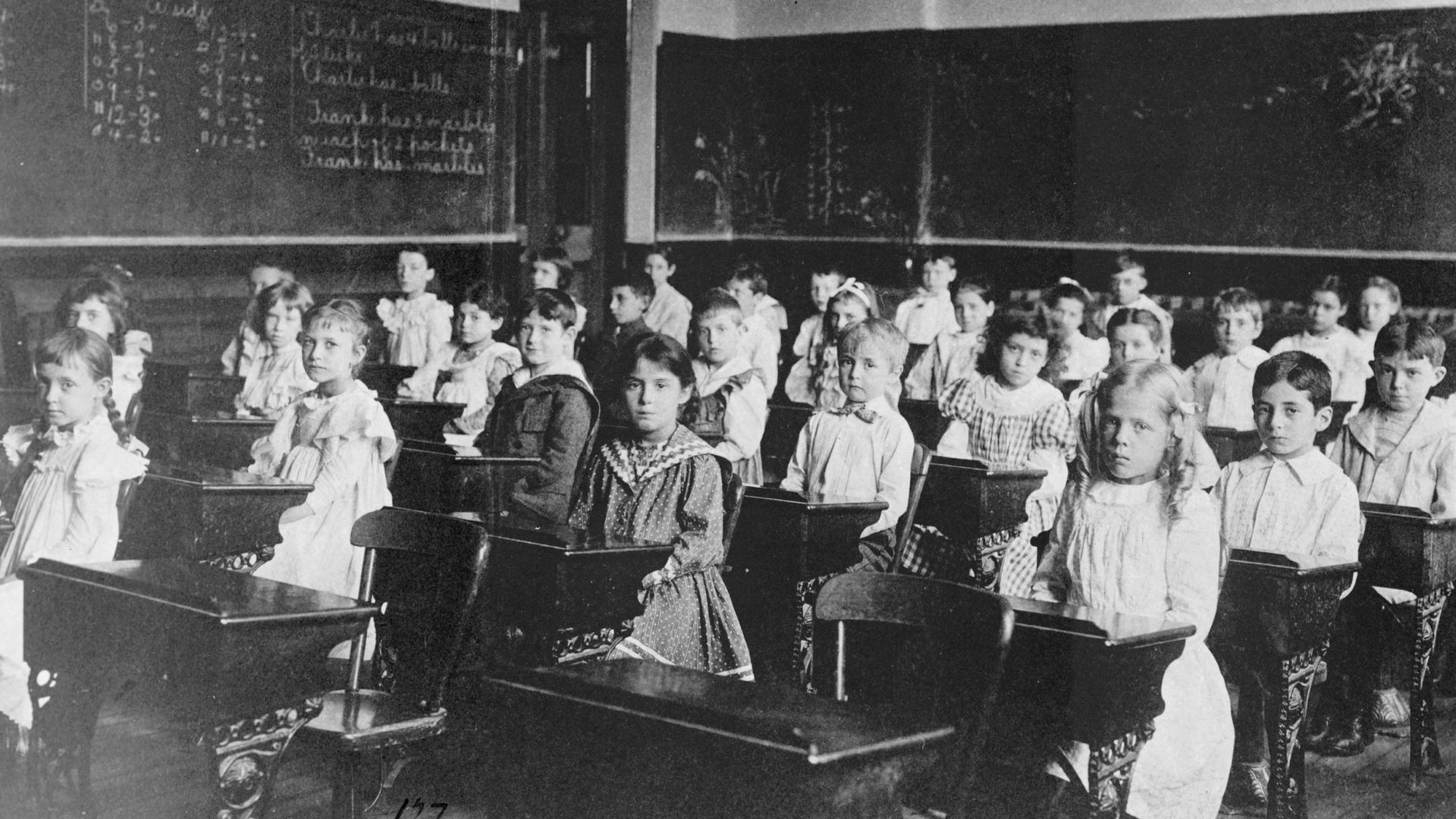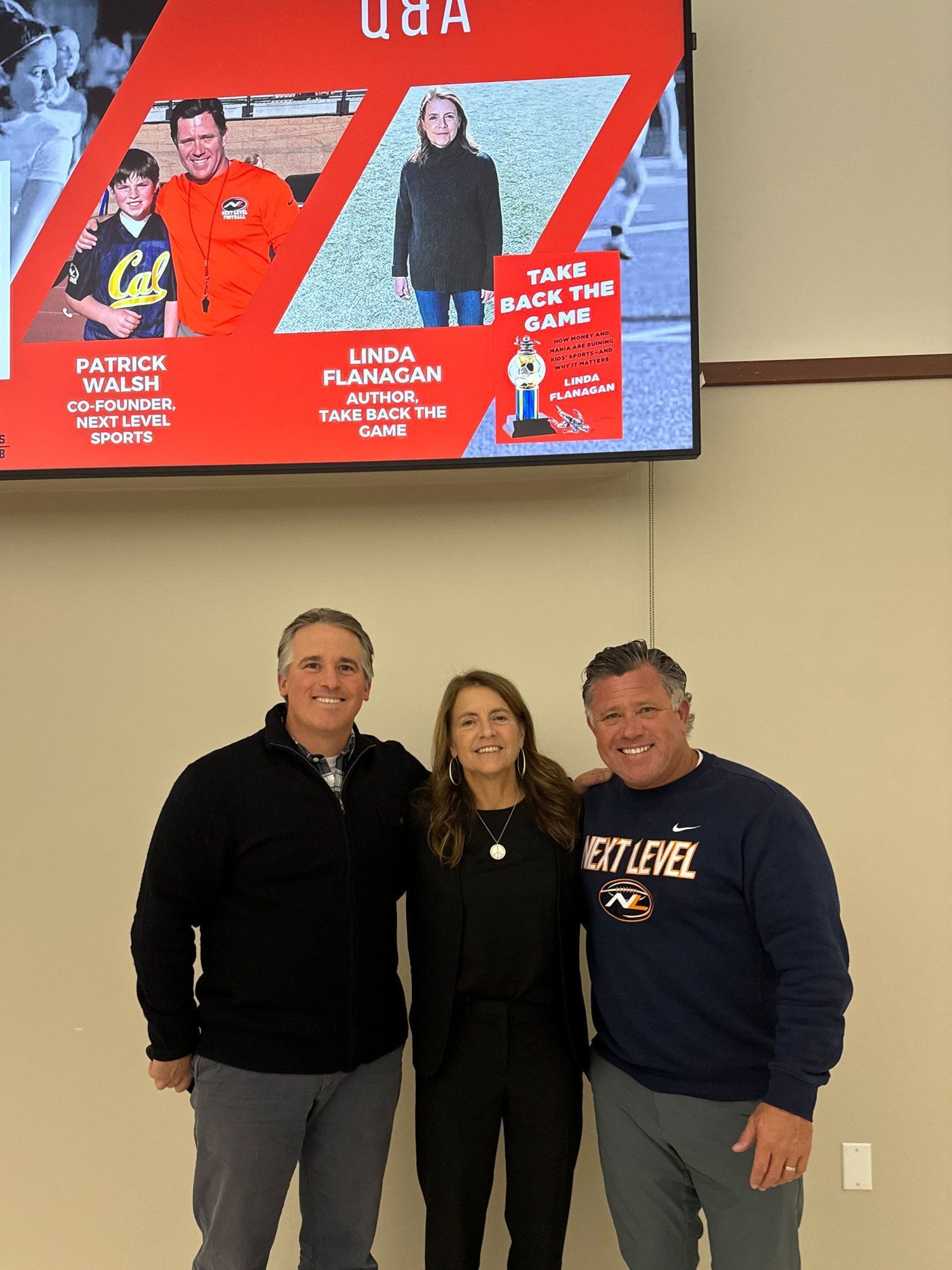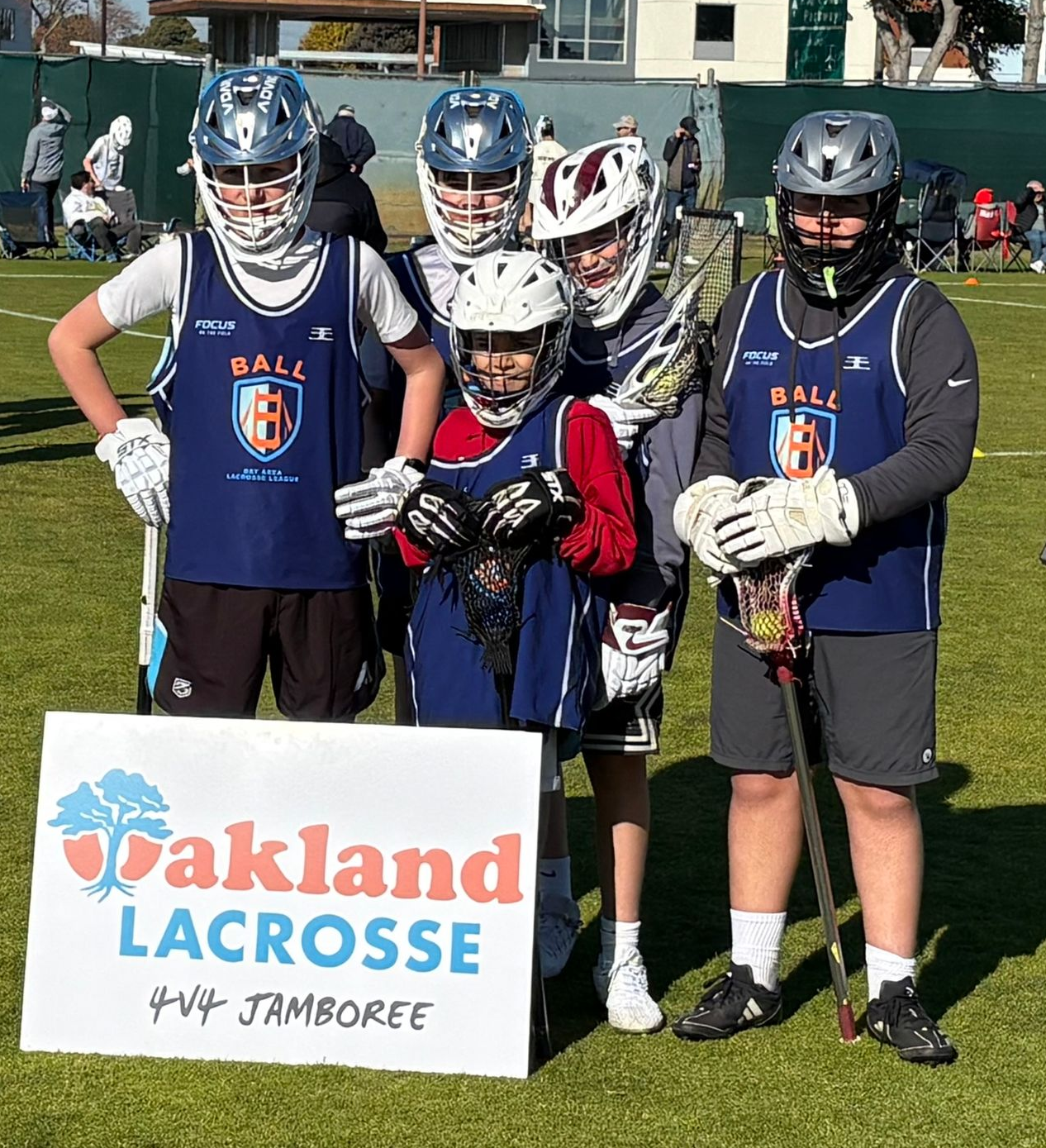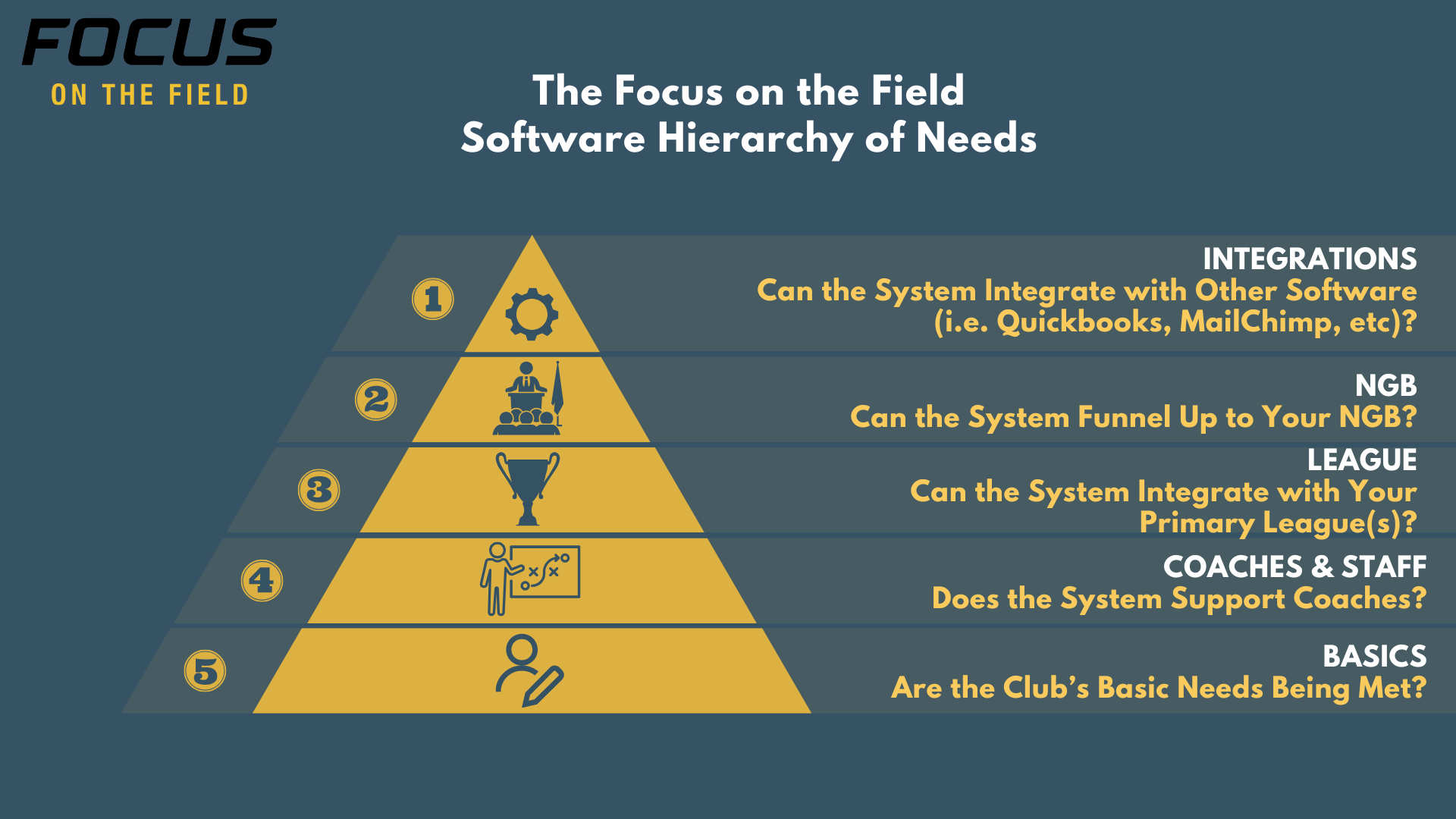The professionalization of Youth Sports needs balance, not a ban
There's much to learn from the early days of public education.

We’ve heard it all before:
“Youth sports are out of control.”
“It’s all about money now.”
“Parents are ruining the game.”
But rewind 150 years, and you would’ve heard similar critiques about something else—public education.
What started as local efforts—Sunday school, tutors, one-room schoolhouses—gradually transformed into a national system. Standards were introduced. Teachers were certified. Access was expanded. That professionalization didn’t destroy education. It lifted it.
So what if youth sports are going through something similar?
At Focus On The Field, we see the tension daily. Parents, coaches, and directors all want to do right by the kids, but the demands feel heavier than ever. Here’s the truth: Professionalization isn’t inherently bad. It just needs to be done right.
When Done Right, Professionalization Helps Kids
Better coaching. Safer environments.
With certified coaches, evidence-based training, and clear safety protocols, kids are simply in better hands. It’s like hiring a teacher with a teaching credential instead of a neighbor who once played the game.
Stronger systems. Less burnout.
Centralized scheduling. Streamlined communications. Shared best practices. Professional back-end systems allow coaches and directors to focus on what matters: being present on the field, not buried in spreadsheets or inboxes.
More opportunity. More access.
Organized leagues—when done right—can actually open doors for kids: better training, wider competition, college exposure. Like public education, structure can expand reach, not just restrict it.
Let’s Not Pretend There Aren’t Tradeoffs
Money Can Distort Priorities
Today, youth sports in America is a multi-billion-dollar industry. Families spend thousands on club dues, private trainers, hotels, and showcase tournaments. And the system often rewards those who spend most—not those with the most potential.
Author Linda Flanagan calls this out powerfully in her book, Take Back the Game.
She describes how youth sports has shifted from community-centered play to a status-driven product—where childhood joy is often traded for parental anxiety, elite optics, and the illusion of college scholarships.
The result? Many kids are priced out. Others are burned out.
We can’t let professionalization mean exclusivity. We need scholarships, sliding scales, and public-private models that keep the door open for every kid who wants to play.
Parents Need Boundaries Too
One of our core messages at Focus On The Field:
“Are we helping—or are we adding to the stress?”
Professional environments come with professional expectations. But that doesn’t mean coaches are on call 24/7 or that directors should be answering emails at midnight. We’ve seen a rise in hyper-involved parents treating their child’s sport like a business venture—with all the pressure and none of the joy.
Professionalization only works if we all commit to standards of behavior, mutual respect, and clear boundaries.
Specialization Isn’t Always the Answer
Another trap of the professionalized world: early specialization.
Kids locked into one sport year-round before they’ve even hit middle school. The research is clear: this leads to overuse injuries, burnout, and less long-term athletic success.
The goal? Keep it fun. Keep it diverse. Especially in the early years.
So What’s the Right Path?
Here’s our take from inside the trenches:
- Train and certify coaches. Raise the bar for quality and safety.
- Enforce conduct standards—for coaches, parents, and administrators.
- Cap hours. Mandate rest. Encourage multisport play.
- Offer financial flexibility. Everyone deserves access.
- Empower coaches to coach. Don’t bury them in admin work.
Let's create a new set of Classrooms
We don’t look back at the professionalization of education and say, “Well, that ruined childhood.”
We say, “That gave millions of kids a shot they never had before.”
Youth sports can do the same.
It’s not about saying no to structure. It’s about building the right structure, with the right priorities:
Kids first. Coaches supported. Parents aligned. Money managed. And the joy of the game intact.
Let’s stop asking if we should professionalize youth sports—
and start asking how we do it well.











